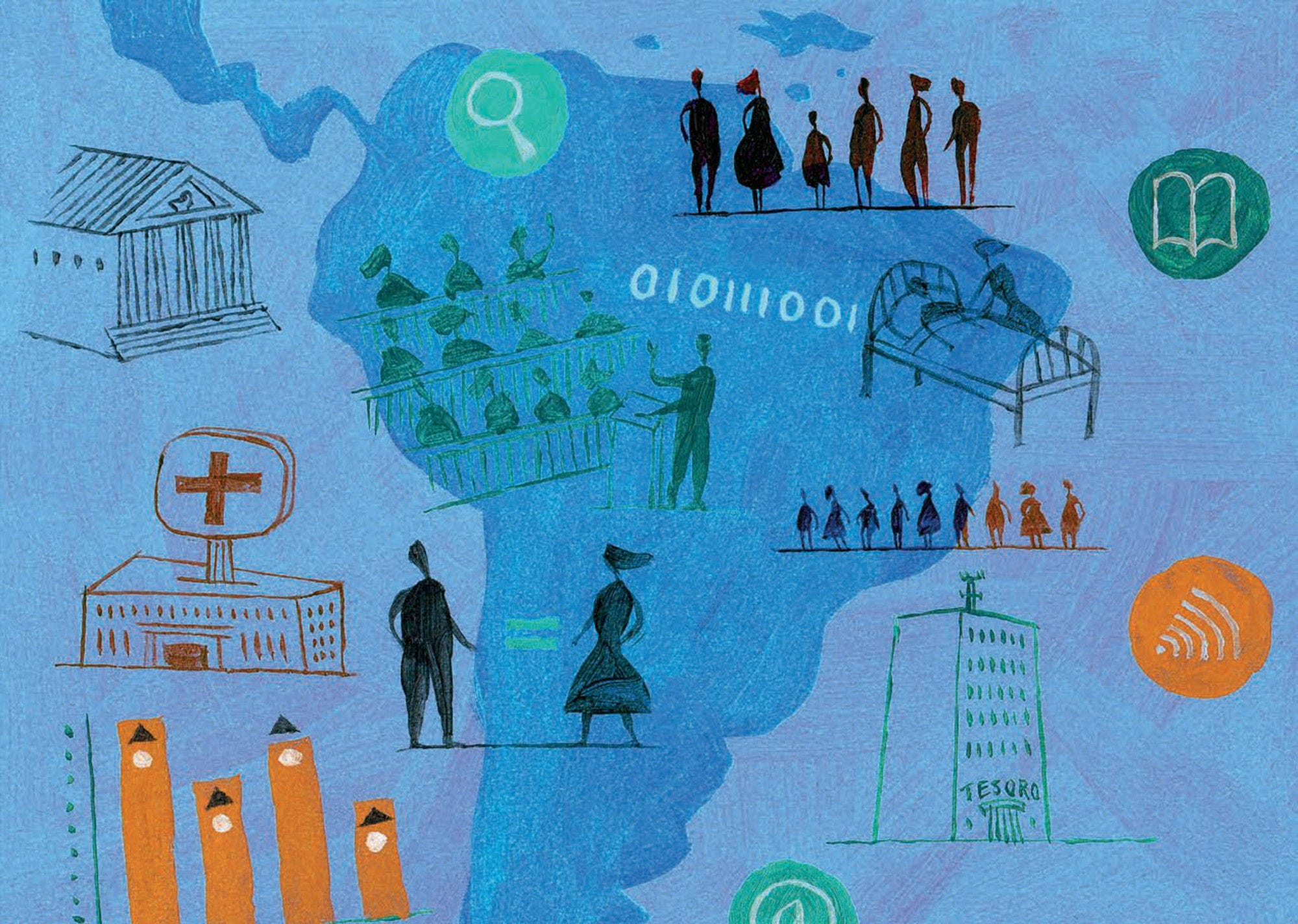Public procurement systems in LAC are comprised of four main types of organisations: 1) public bodies responsible for the regulatory and legislative frameworks; 2) centralised procurement authorities that provide advice on operations and ensure coordination and monitoring; 3) contracting entities that implement procurement processes or centralise needs; and 4) oversight bodies that ensure the compliance of procurement practices with the regulatory frameworks.
In LAC, central procurement agencies (CPAs) are usually responsible for regulating and monitoring countries’ public procurement systems at the central level. While they generally do not make purchases on behalf of other public sector entities, they establish and manage framework agreements, and carry out reverse auctions. Generally, LAC countries also establish procurement policies and monitor performance in a centralised manner through CPAs. In OECD countries, on the other hand, aggregating of procurement demand is often carried out by central purchasing bodies.
The most common role of CPAs in LAC countries (90% of respondent countries) is the establishment of a legal and regulatory framework for contracting authorities, as, for example, in Chile, Ecuador and Panama. These regulatory frameworks are aimed at ensuring the consideration of critical principles of public procurement, such as value for money, transparency, economy and efficiency.
Professionalisation and capacity development also fall under CPAs’ responsibility: they co-ordinate training efforts in 80% of LAC countries. These agencies design and implement initiatives to improve the skills and knowledge of officials responsible for procurement in the contracting entities, of potential suppliers, and of citizens. In most cases, CPAs disseminate information and provide support by offering online learning resources. This is the case for example in Guyana and Paraguay.
Under the right conditions, aggregating the purchasing needs of public entities can generate savings, better prices and administrative efficiencies. In comparison, a standalone bid without aggregation often will result in higher transaction costs in terms of time and expenditure, also because it requires conducting the full procurement process (from the initial stage of defining the needs to the final stage of ex-post review) multiple times. As such, framework agreements could be a powerful tool to strategically aggregate procurement demands.
In 65% of LAC countries, CPAs award framework agreements from which contracting authorities then order. Using such framework agreements is mandatory for contracting authorities at the central level of government in 54% of LAC countries, such as Colombia and Ecuador. This is the case in 77% of OECD countries. In other cases, contracting authorities can also use framework agreements on a voluntary basis, as is the case in Brazil and Uruguay.

